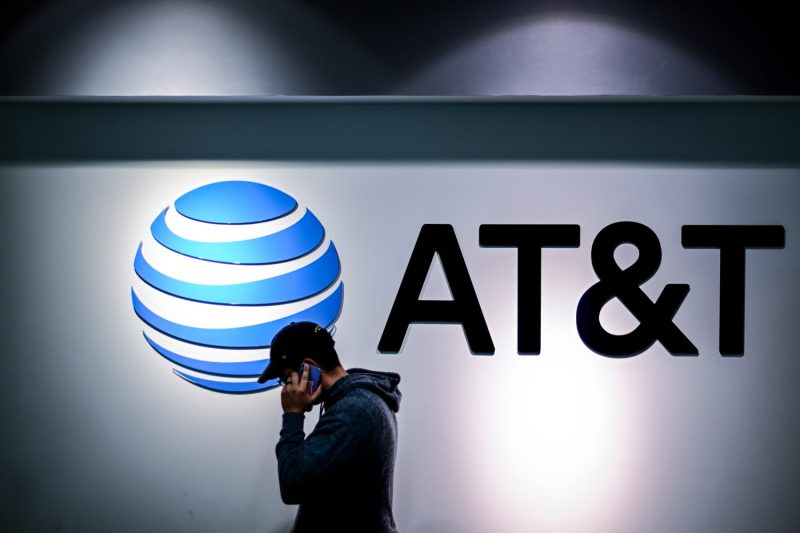In a recent groundbreaking court ruling, telecommunications giant AT&T and various other phone companies have found themselves embroiled in a legal battle due to the unauthorized sharing and distribution of stolen nude images through their platforms. The lawsuit, which was filed by a group of individuals whose intimate photos were illicitly obtained and disseminated, has the potential to set a significant precedent regarding the liability of phone companies for such breaches of privacy.
The plaintiffs in the case alleged that their personal nude images were stolen from their devices without consent and subsequently shared online, causing them immense emotional distress and reputational harm. The court’s ruling determined that the phone companies could be held liable for failing to adequately safeguard their customers’ data and prevent such breaches from occurring.
This landmark decision serves as a wakeup call for phone companies and other telecommunications providers to reassess their security measures and data protection protocols. In today’s digital age, where personal information is constantly under threat from hackers and cybercriminals, it is imperative for companies to prioritize the security and privacy of their customers.
The lawsuit highlights the broader implications of data breaches and the potentially far-reaching consequences for individuals whose private information is exposed without their consent. Beyond the legal ramifications, such breaches can have lasting impacts on victims’ mental and emotional well-being, as well as their personal and professional reputations.
As the case progresses through the legal system, it is likely to spark a broader conversation about the responsibilities of phone companies and other technology providers in safeguarding customer data and preventing privacy violations. It may also prompt lawmakers to consider enacting stricter regulations to hold companies more accountable for lapses in data security.
In conclusion, the lawsuit against AT&T and other phone companies represents a pivotal moment in the ongoing battle to protect individuals’ privacy in an increasingly interconnected world. The court’s ruling underscores the need for companies to take proactive measures to prevent data breaches and safeguard their customers’ personal information. By holding phone companies accountable for their role in such incidents, the legal system can help empower individuals to assert their rights to privacy and security in the digital age.
